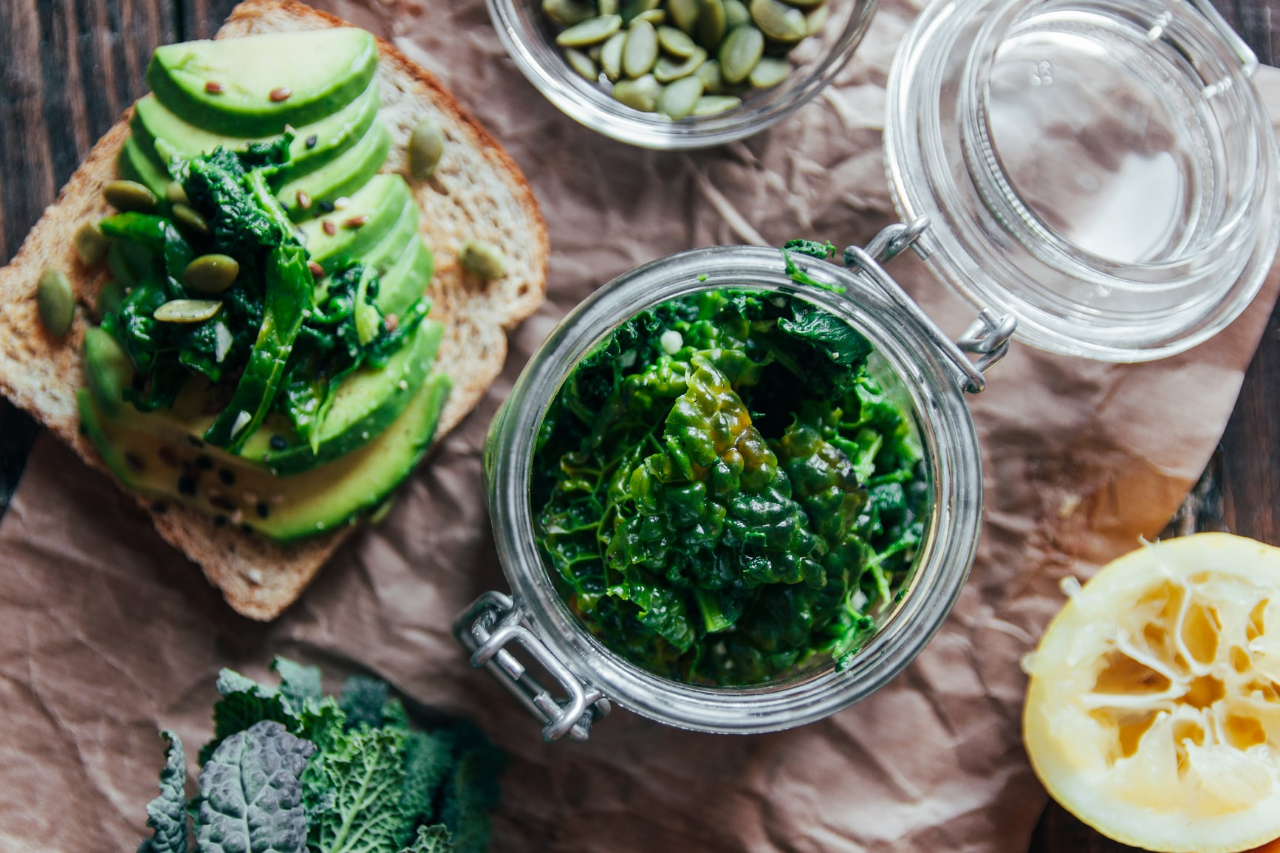-
No matter your health or age, you can be affected by the flu and experience mild or serious symptoms. Those who are older or have ongoing health issues may be more at risk of flu complications.
Here are eight things you can do to stay healthy this cold and flu season.
1. Wash and dry your hands
Regularly washing your hands for at least 20 seconds with soap and water is one of the best ways to reduce your risk. If you touch a surface in a public place, try not to touch your eyes, nose or mouth without washing your hands first. If you don’t have access to soap and water you can use an alcohol-based hand sanitiser. Look for a formulation of at least 60% alcohol in these products.
2. Keep your distance
You’ve probably heard that you should aim to keep your distance from other people to reduce the risk of COVID-19. The same advice applies to reducing your chances of catching the flu (or passing it on before you realise you’re contagious). Consider wearing a mask in high-risk areas like public transport or health facilities to reduce your risk.
3. Stay home when you’re unwell
If you have flu-like symptoms, stay home and try to keep space from the people you live with to reduce the chance of passing it on. Wait until you’re well to have visitors over or return to work or school.
4. Clean shared spaces
Clean and disinfect frequently touched surfaces like benches, doorknobs and door handles, tables, fridge doors and toilets regularly. Use antiviral disinfectants because they will kill viruses on common surfaces. Check the label to make sure you've got the right disinfectant.
You may want to also wipe down your phone, keyboard and other objects that are touched regularly and could be home to viruses.
5. Don’t share germs (or personal items where they like to live)
During cold and flu season, take extra care to avoid spreading viruses. Don’t share drinks, cutlery, glasses, toothbrushes or towels. Cough into your elbow or a tissue (that you immediately toss out) rather than your hand.
6. Support your body’s natural defence system
A strong immune system is the first line of defence against infections such as cold and flu. When you’re healthy and well, your body does a better job at fighting off viruses.
- Make sure you get enough sleep. For most of us that’s about seven to eight hours. For more tips on how to get a good night’s sleep, check out this resource.
- Try to find healthy ways to manage stress. This may mean you need to identify sources of stress in your life and ways to reduce it, such as delegating more, learn to say 'no', or come up with ideas to reduce conflict. Learning relaxation techniques such as controlled breathing, and strategies such as meditation or mindfulness can also help you cope better, as can regular exercise. A mental health professional can teach you ways to manage stress better, so reach out if you need more support. It’s much easier to keep up a healthy lifestyle when you’re mentally well. If you’re a Medibank member with hospital cover you can call 1800 644 325 to speak to a mental health professional for confidential support, advice or information. OSHC members should call the Student Health & Support line on 1800 887 283.
- Get your body moving. Physical activity can help reduce stress hormones. Aim for at least 30 minutes of exercise on most days of the week. If you’re not used to it, build up slowly.
- Eat nutritious meals with plenty of vegetables, fruit, whole grains and legumes.
- If you smoke, consider quitting. Smoking, or regularly breathing in smoke at home or work may make you more likely to develop infections and experience more severe respiratory illness. Support, whether from a free service like Quitline® or your GP, increases the chance you’ll be successful. Encourage family members who smoke to try to quit as well. Contact Quitline® on 13 78 48 or quitnow.gov.au.
7. Be prepared
Flu can come on suddenly, and the less often you leave your house with symptoms, the less likely you are to pass it on to others. So you may want to have some essential items at home: tissues, medicines to help relieve symptoms, ingredients for a soothing drink such as hot lemon, honey and ginger, and a few favourite meals in the freezer, such as a nourishing soup or stew you can eat as you start to recover.
8. Know the facts
As flu season approaches, information about the flu and how to prevent it becomes more common. However, not all the advice is accurate. Knowing the facts about cold and flu can help you prevent infection, recognise symptoms, and manage illness if you become sick.
Read our article on debunking common myths about the flu.
8 ways to prepare for cold and flu season


24/7 Student Health and Support Line
Need support? Medibank Overseas Student Health Cover members can call anytime for health advice from a registered nurse, counselling services, emergency legal advice, travel document assistance, interpreter service and more.
-
Signs to look out for when a cold is getting more serious
When you should see a doctor for a cold.
-
Flu myths debunked
Is 'man flu' real? Can you catch the flu from the flu vaccine? We separate flu facts from flu fictions.
-
Am I just worried, or is it anxiety?
Understand what’s healthy when it comes to feeling anxious.
-
Where to get health support in Australia
An Overseas Student Health Cover member’s guide to key health services and when to use them.
-
How can Australian pharmacies help you?
What can you buy at a pharmacy? Do you need a prescription? Can pharmacists identify health conditions? Everything international students need to know about pharmacies in Australia.
-
How to prevent type 2 diabetes with diet
Diet plays an important role in the prevention and management of type 2 diabetes. Here’s what you should and shouldn’t eat.





